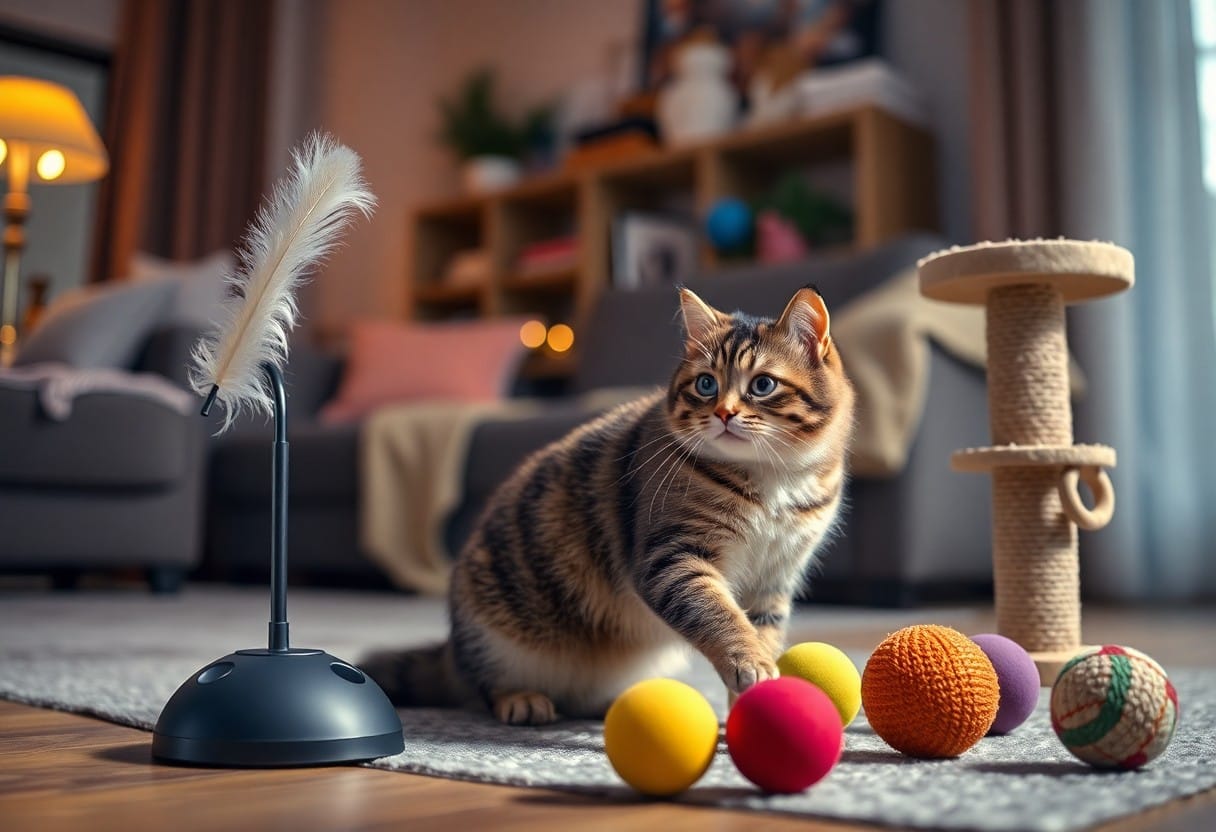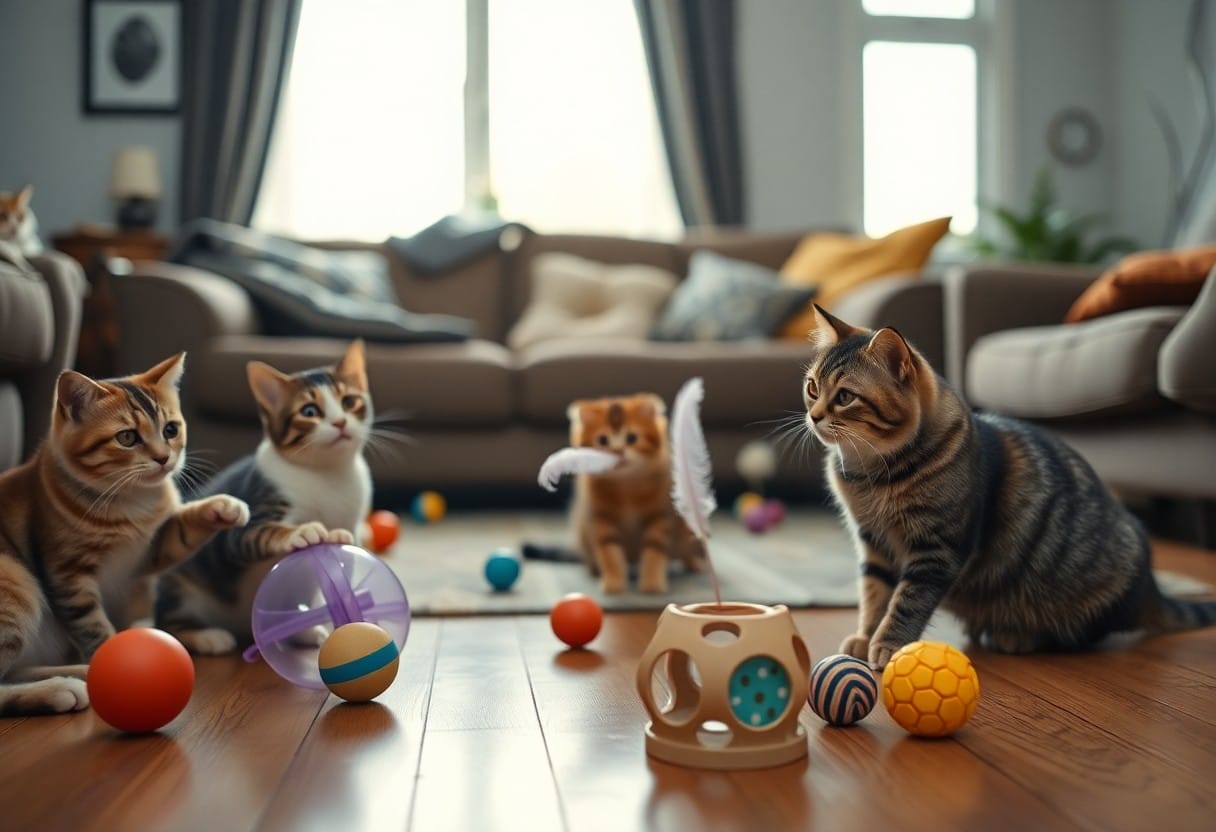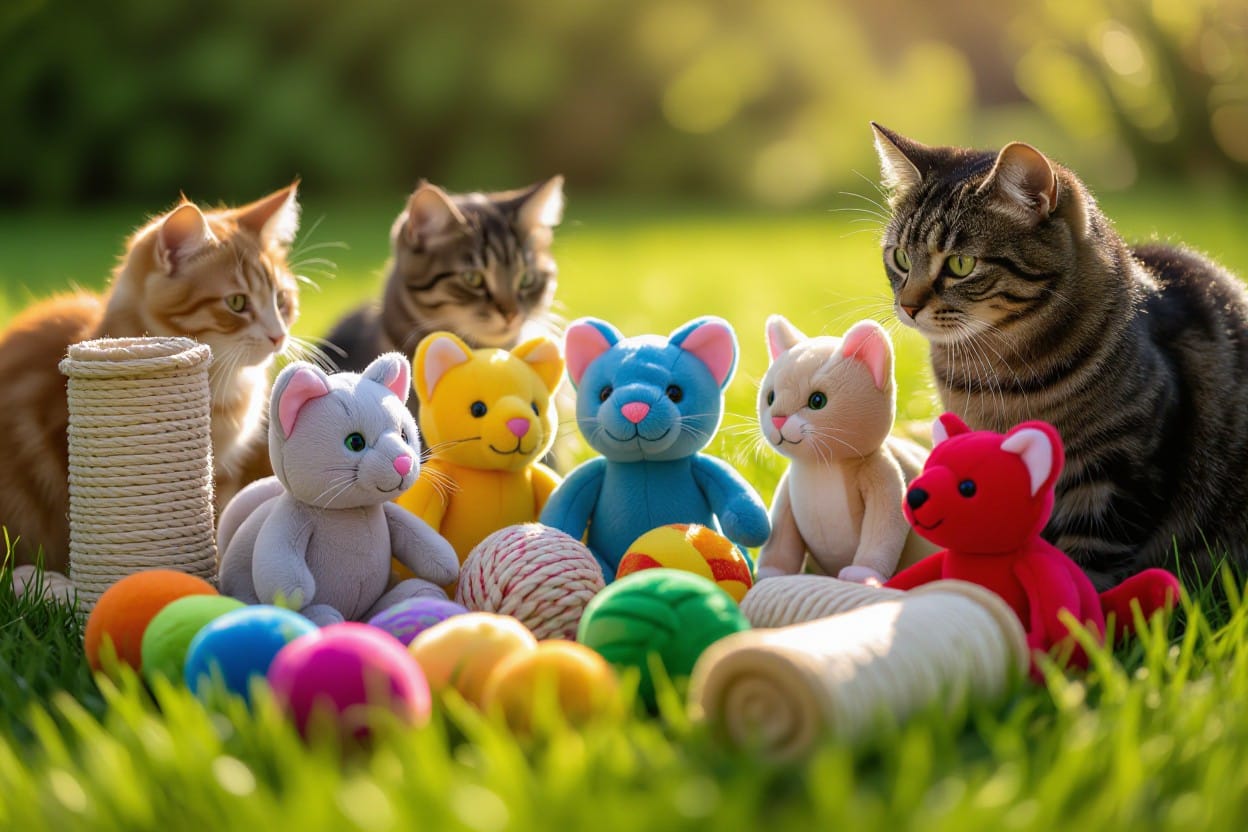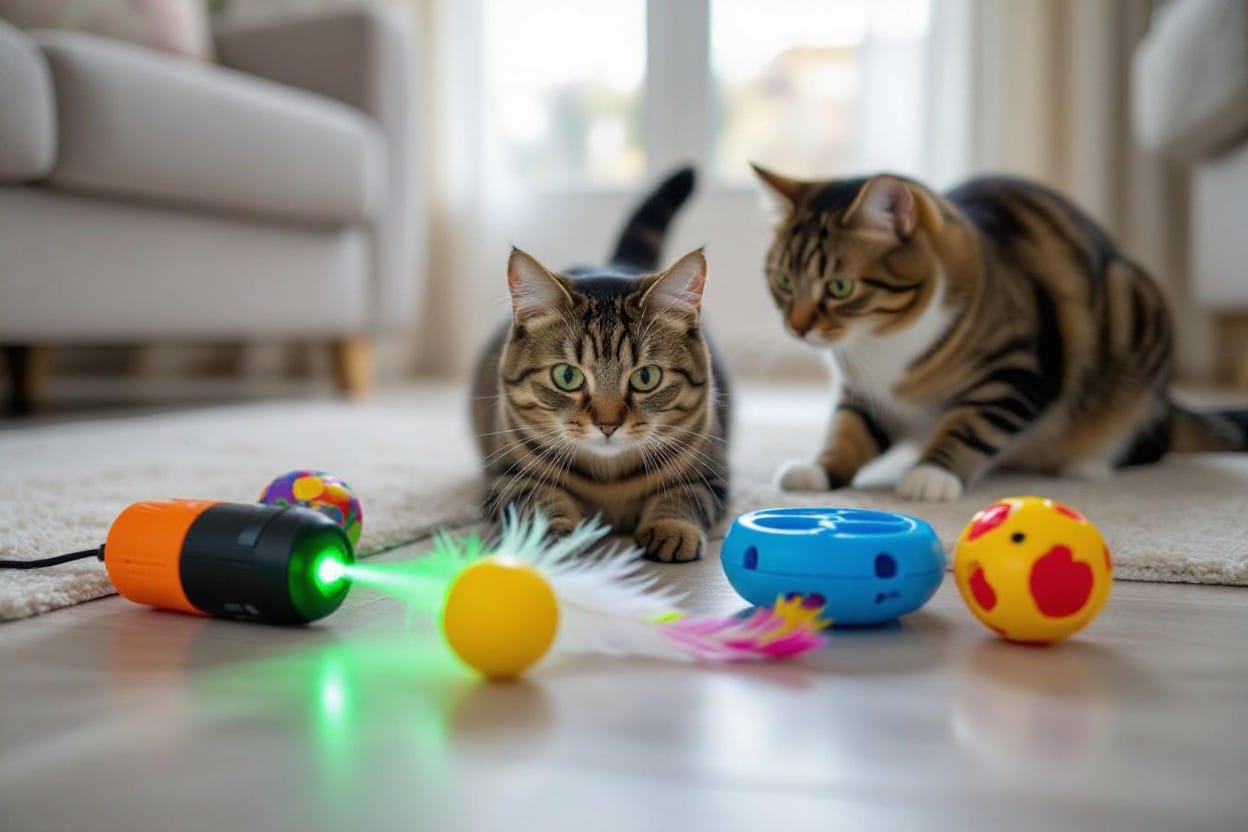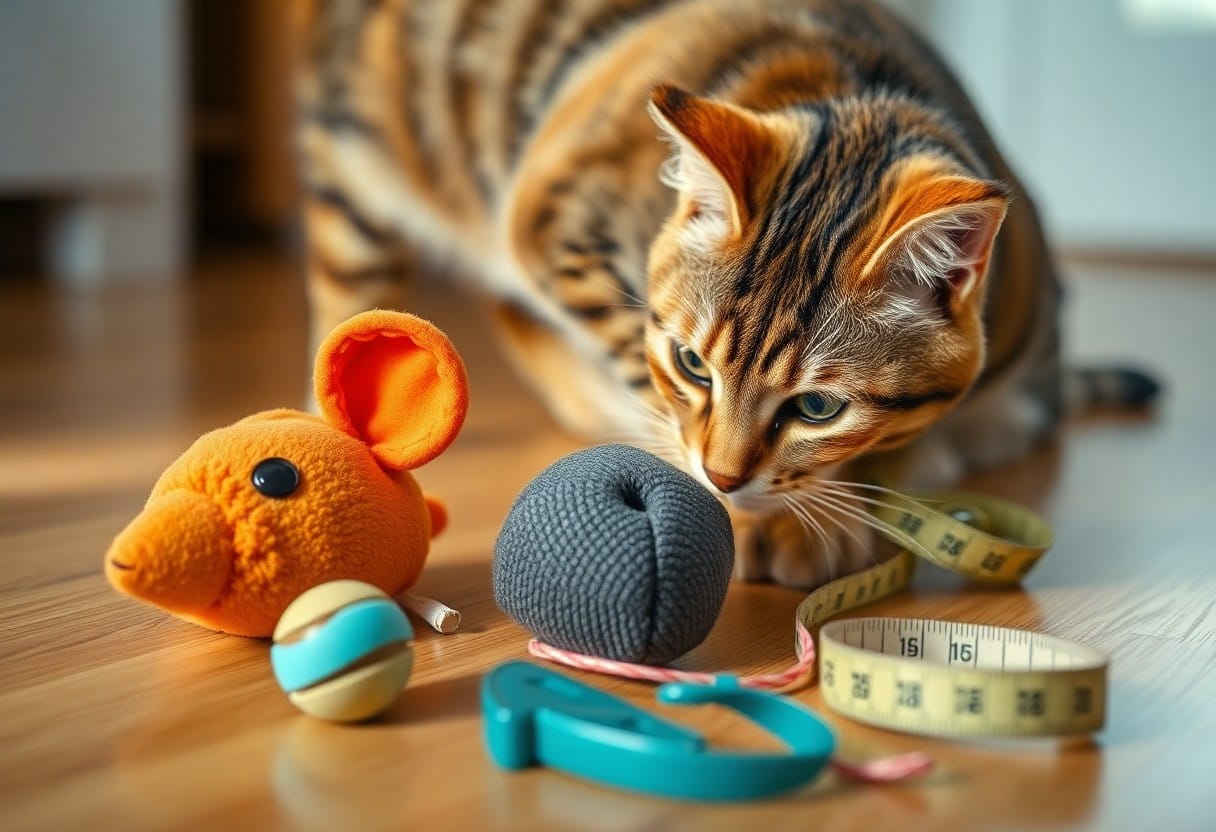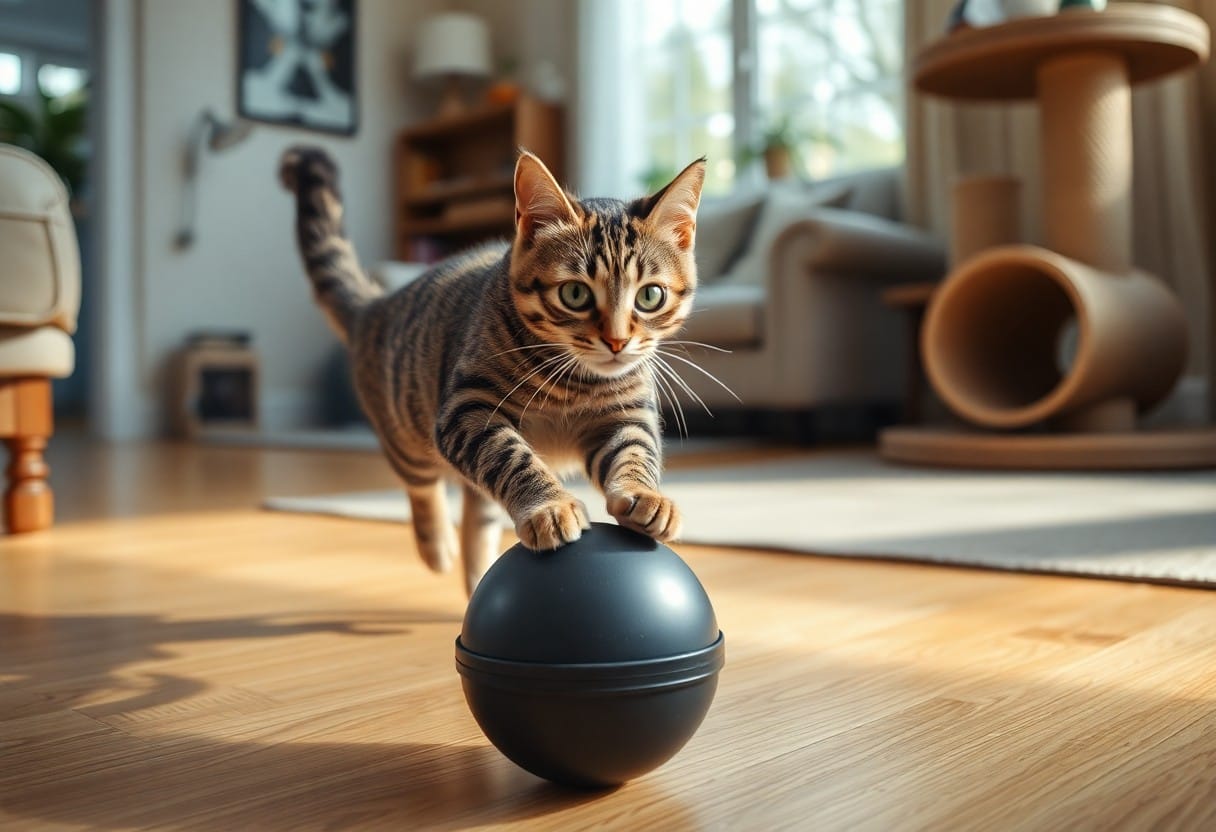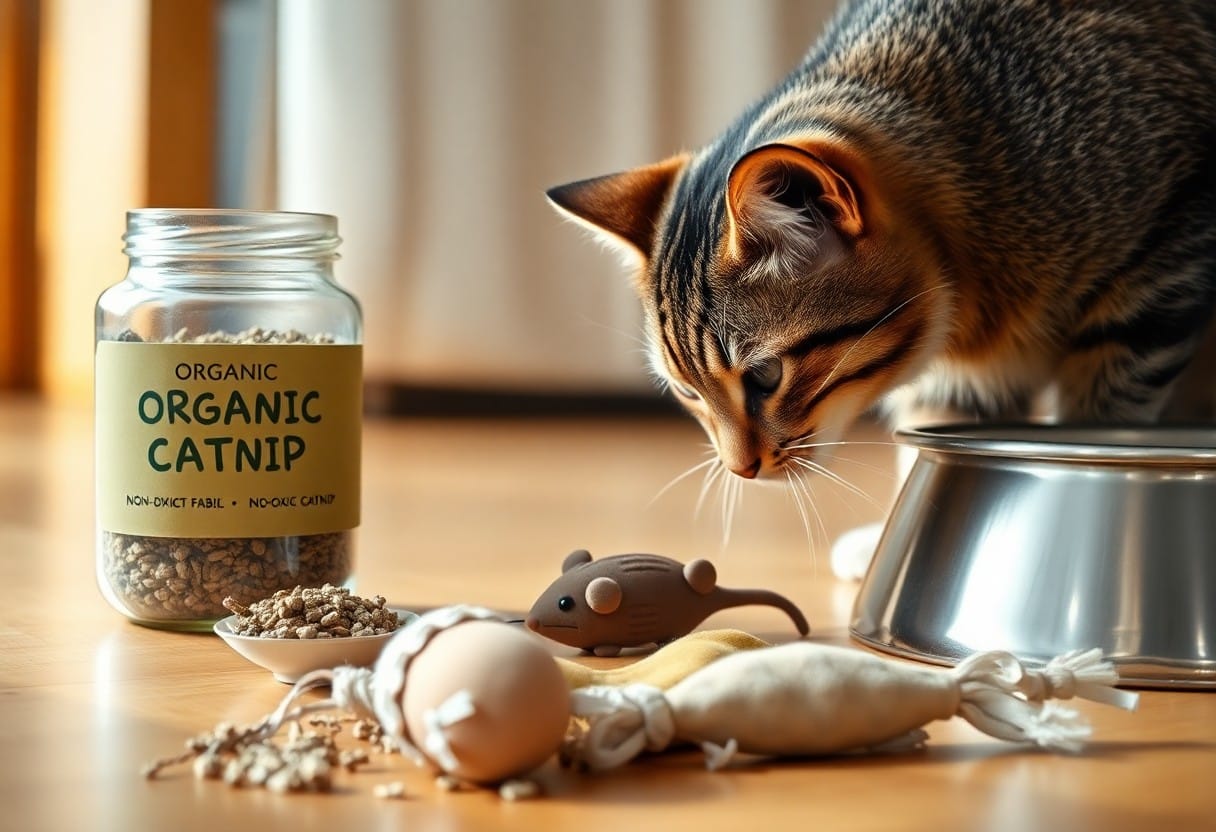There’s something truly special about the bond between a cat and their human. Cats may be known for their independent nature, but with the right approach, you can build a strong and meaningful relationship with your feline friend. In this post, we’ll share expert tips on how to deepen your connection with your cat and strengthen your bond for years to come.
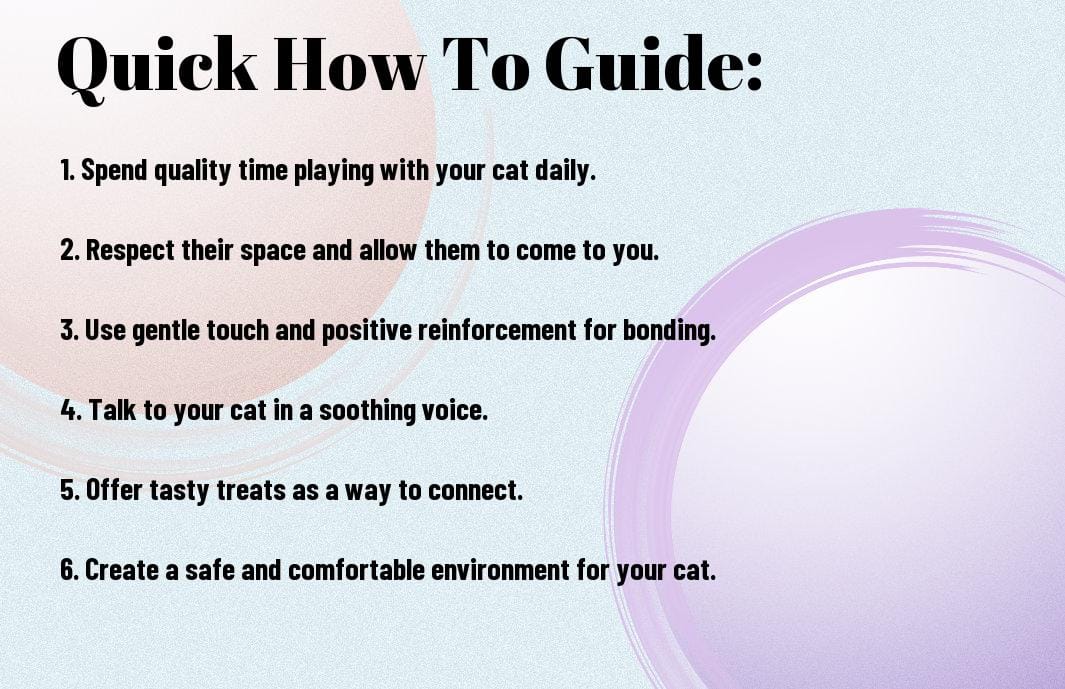

Creating a Welcoming Environment
Designing a Cat-Friendly Space
One of the first steps in bonding with your feline friend is to create a space that caters to their needs. This involves providing plenty of vertical space for them to climb and survey their surroundings, as well as cozy nooks for them to retreat to when they want some privacy. Incorporating scratching posts, perches, and hiding spots into your home will not only keep your cat entertained but also help them feel more at ease in their environment.
The Impact of a Safe Haven
One way to foster a strong bond with your cat is to establish a safe haven for them within your home. This can be a designated area where your cat feels secure and comfortable, such as a cozy corner with a soft bed or a quiet room with their favorite toys. By providing a safe haven, you are giving your cat a space where they can relax and unwind, helping them to feel more content and trusting of you as their caregiver.
Any changes in their behavior, such as hiding more often or acting skittish, can be indicators that your cat is feeling stressed or anxious. In these instances, it’s important to reassess their environment and make adjustments to ensure they have a safe and comforting space to retreat to.
Plus, a safe haven can also be beneficial for you as a cat owner. Knowing that your cat has a place where they feel secure can give you peace of mind and strengthen the bond between you and your feline companion.
Interpreting Cat Behavior
Recognizing Signs of Affection
An vital aspect of bonding with your feline friend is understanding and recognizing the signs of affection they display towards you. Cats demonstrate their love and contentment in various subtle ways that may not always be as overt as those of other pets. From gentle headbutts to slow blinks and curled tails, these are all indicators that your cat is feeling comfortable and trusting in your presence.
Identifying the Signs of Stress
Recognizing when your cat is stressed is equally crucial in strengthening your bond with them. Signs of stress in cats may include excessive grooming, changes in appetite, aggression, hiding, or increased vocalization. It’s vital to be attentive to your cat’s behavior and environment to identify any potential stressors that may be affecting their well-being.
Stress in cats can arise from various factors such as changes in their routine, introduction of new pets or people, or even a shift in their living environment. By recognizing the signs of stress early on, you can take proactive steps to address the underlying issues and provide your cat with the support and comfort they need.
Factors Influencing Cat Bonding
After bringing a new cat into your home, you may be wondering about the factors that can influence the bond you share with your feline friend. Understanding these factors can help you strengthen the connection between you and your cat. Here are some key points to consider:
The Role of Breed and Personality
Breed and personality play a significant role in how your cat interacts with you and responds to your efforts to bond with them. Different cat breeds have varying temperaments and characteristics, which can affect their social behavior and communication style. Some breeds are known for being more independent and aloof, while others are affectionate and sociable.
Personality also plays a crucial role in bonding with your cat. Just like humans, cats have unique personalities that determine how they express their emotions and form relationships. Some cats may be more outgoing and playful, while others are shy and reserved. Understanding your cat’s breed and personality can help you tailor your approach to bonding with them.
The Significance of Early Socialization
It is necessary to consider the significance of early socialization when bonding with your cat. Cats that are properly socialized from a young age tend to be more confident, trusting, and affectionate towards their human companions. Early exposure to various stimuli, such as other animals, people, and environments, can help your cat develop positive social skills and reduce fear and anxiety in new situations.
- Expose your kitten to different people, sounds, and environments to help them become well-adjusted adults.
- Engage in interactive play sessions and positive experiences to build trust and strengthen the bond with your cat.
Recognizing the importance of early socialization can have a significant impact on the quality of the bond you share with your feline friend.
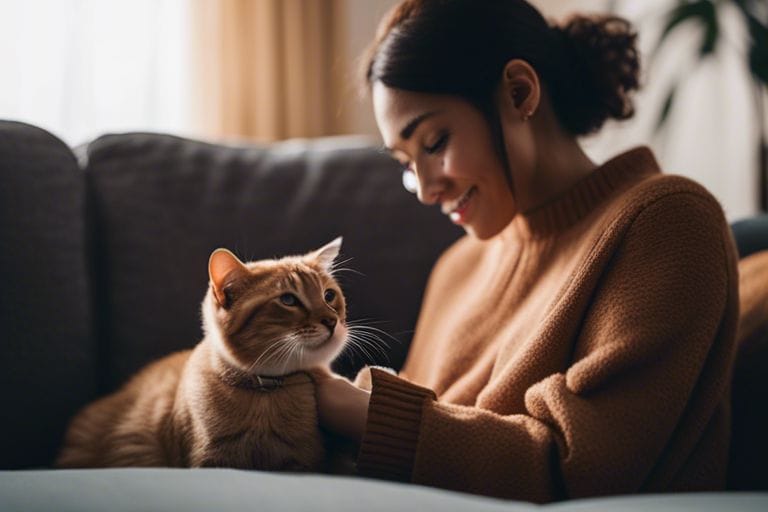
Communication and Interaction
Learning the Cat Language
Little by little, you can start deciphering your cat’s distinctive language. Pay attention to their body posture, facial expressions, and vocalizations. A cat that arches its back and hisses is likely feeling threatened or defensive, while purring and kneading indicate comfort and contentment. By observing these cues, you can better understand your feline friend’s moods and preferences.
Additionally, cats communicate through scent marking, so don’t be surprised if your cat rubs against you or furniture. This behavior is their way of marking territory and showing affection. By respecting these signals and responding appropriately, you can strengthen the bond between you and your cat.
How To Approach and Handle Your Cat
Your approach to your cat can make a significant difference in how they respond to you. Always let your cat initiate physical contact, such as head butting or rubbing against you. Avoid sudden movements or loud noises, as these can startle your cat and lead to unwanted behaviors. When handling your cat, be gentle and supportive, allowing them to feel secure in your arms or on your lap. Respect their boundaries, and never force them into interactions they’re not comfortable with.
How to Establish Trust
Despite their independent nature, cats can form strong bonds with their human companions. Building trust with your feline friend is crucial for a harmonious relationship. By following some key strategies, you can establish a strong and lasting bond with your cat.
The Importance of Routine
Any cat lover knows that cats thrive on routine. Establishing a consistent schedule for feeding, playtime, and grooming can help your cat feel secure and build trust in you. Cats are creatures of habit, and by providing a predictable daily routine, you can create a sense of stability and security for your furry companion.
Respect and Patience in Building a Bond
You may have heard the saying that trust is earned, not given. This is especially true when it comes to building a bond with a cat. You must respect your cat’s boundaries and give them space when needed. Patience is key, as building trust takes time and effort. Remember that every cat is unique, and the timeline for forming a strong bond may vary from cat to cat.
You can help your cat feel more comfortable and trusting by respecting their personal space and body language. Avoid forcing interactions and instead let your cat come to you on their terms. By showing respect and patience in your interactions, you can create a foundation of trust that will strengthen your bond over time.
Enrichment and Play
Choosing the Right Toys and Games
You, as a cat lover, must carefully select toys and games that will stimulate and engage your feline friend. Cats have unique preferences when it comes to play, so it’s important to consider their individual personality and behavior. Some cats may prefer interactive toys, while others may enjoy chasing after feather wands or batting at toy mice. Experiment with a variety of toys to discover what captures your cat’s interest the most.
Interactive Play Techniques
While playing with your cat, remember to keep the sessions short and engaging. Cats have short attention spans, so it’s important to make the most of their playtime. Using interactive toys like laser pointers or fishing rod toys can help simulate hunting behavior and provide mental stimulation. Encourage your cat to pounce, chase, and stalk the toy to keep them active and entertained.
Toys that mimic their natural prey, such as feathered toys or toys that resemble small rodents, can be particularly appealing to cats. Cats enjoy activities that tap into their hunting instincts, so interactive play that involves stalking and pouncing can be very rewarding for them.
Handling Common Challenges
Dealing With Aggressive Behavior
Handling aggressive behavior in cats can be a challenging aspect of cat ownership. Aggression in cats can stem from a variety of reasons such as fear, stress, territoriality, or redirected aggression. It’s important to first rule out any medical issues by consulting with your veterinarian.
Overcoming Shyness and Anxiety
The key to overcoming shyness and anxiety in cats is patience and a gentle approach. Create a safe space for your cat where they can retreat and feel secure. Gradually introduce them to new people, environments, and experiences to help build their confidence over time.
The bond between a shy or anxious cat and their owner can be incredibly rewarding. By providing a calm and nurturing environment, you can help your feline friend feel more comfortable and start to come out of their shell.
Health and Well-being
Now, when it comes to the health and well-being of your feline friend, there are several key components to consider. From nutrition and exercise to regular veterinary care, taking care of your cat’s health is vital for a happy and healthy life.
Nutrition Tips for a Happy Cat
Tips for ensuring your cat’s nutritional needs are met include providing a balanced diet that is appropriate for their age and health status. Cats are obligate carnivores, so their diet should consist primarily of meat-based protein. Make sure to offer high-quality commercial cat food or consult with your veterinarian for guidance on balanced homemade diets. Always ensure your cat has access to fresh water and monitor their weight to prevent obesity, which can lead to various health issues over time. Avoid feeding your cat anything toxic or harmful, such as chocolate, onions, or bones, which can pose a choking hazard or cause digestive issues. Recall, a well-fed cat is a happy cat!
- Provide a balanced diet rich in protein
- Ensure access to fresh water at all times
- Monitor weight to prevent obesity
- Avoid feeding toxic foods
Though cats can be picky eaters, it’s crucial to establish a consistent feeding schedule and avoid free-feeding to maintain their health and prevent overeating. Recall, your cat’s nutrition plays a significant role in their overall well-being.
Importance of Regular Veterinary Care
If you want to ensure your cat lives a long and healthy life, regular veterinary care is non-negotiable. Routine check-ups and vaccinations are crucial for preventing diseases and catching any potential health issues early on. Cats are masters at hiding signs of illness, so regular exams can help detect problems that may otherwise go unnoticed. Additionally, your veterinarian can provide valuable advice on parasite control, dental care, and nutrition tailored to your cat’s specific needs.
Regular veterinary care is vital for maintaining your cat’s health and well-being. From preventive care to addressing any health concerns promptly, a good relationship with your veterinarian is key to ensuring your feline friend leads a happy and healthy life.
Strengthening the Bond
Grooming as a Bonding Activity
For many cat owners, grooming their feline friends is a ritual that strengthens their bond. Grooming not only helps keep your cat’s coat healthy and shiny but also provides an opportunity for physical touch, which is crucial for bonding with your cat. Cats are meticulous groomers themselves, so by grooming your cat, you are participating in an activity that they naturally enjoy.
The Power of Treats and Rewards
On top of grooming, treats and rewards can be another powerful tool to strengthen the bond with your cat. Cats respond well to positive reinforcement, so using treats as rewards for good behavior can help create a positive association between you and your cat. When giving treats, be sure to use them in moderation and opt for healthy options to maintain your cat’s overall well-being.
Aim to reward your cat for desirable behavior such as using the litter box, coming when called, or learning new tricks. By using treats strategically, you can encourage good behavior and deepen your bond with your feline friend.
Conclusion
As a reminder, bonding with your feline friend is a crucial aspect of developing a strong and fulfilling relationship with your cat. By understanding your cat’s behavior, providing them with a safe and comfortable environment, engaging in interactive play, and respect their boundaries, you can create a strong bond that will last a lifetime.
Remember to be patient and give your cat the time and space they need to trust you. With consistent love, care, and positive interactions, you can build a deep bond with your feline friend that will bring you both joy and companionship for years to come.
FAQ
Q: Why is bonding with my cat important?
A: Bonding with your cat is important for building trust and a strong relationship. It can also help reduce stress and anxiety for both you and your feline friend.
Q: How can I bond with my cat?
A: You can bond with your cat by spending quality time together, such as playing interactive games, grooming them, and providing affection and attention.
Q: What are some tips for bonding with a shy or fearful cat?
A: For shy or fearful cats, be patient and allow them to approach you on their terms. Use gentle movements, offer treats, and create a quiet and safe environment for them to feel secure.
Q: Can training help with bonding with my cat?
A: Yes, training can strengthen the bond between you and your cat. Positive reinforcement training techniques can be a fun way to interact with your cat and build trust and communication.
Q: How do I know if my cat is bonding with me?
A: Signs that your cat is bonding with you include seeking out your company, purring, kneading, and grooming you. They may also show affection by rubbing against you or sleeping close by.
